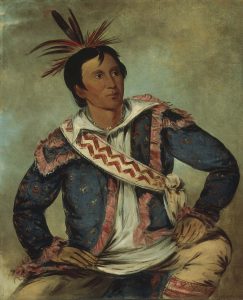Josephine Laflore Long, Choctaw Minor
Josephine Laflore Long and Jake Laflore Long, minor children of Forbis Long, a recognized Choctaw citizen, applied for enrollment in 1906. Their sister, Francis Long, was successfully enrolled, but their applications were delayed due to incomplete birth records. In 1907, Forbis Long’s enrollment was canceled, leading to the rejection of Josephine and Jake’s applications. Forbis and Francis Long were reinstated in 1909, but Josephine and Jake remained excluded. Despite their clear eligibility, the Department of the Interior ruled against their enrollment, citing legal precedents that did not fully apply to their case.

